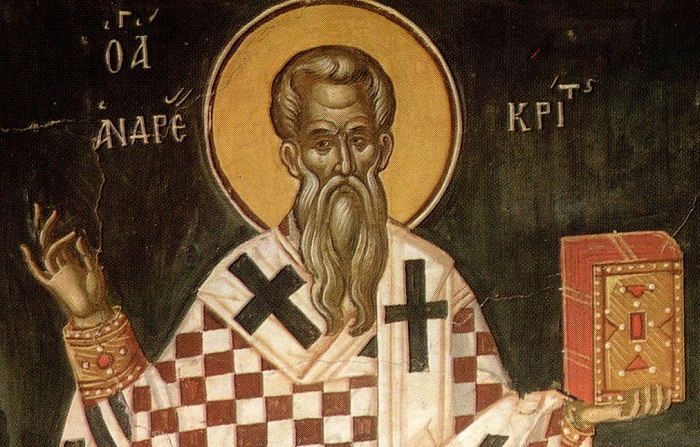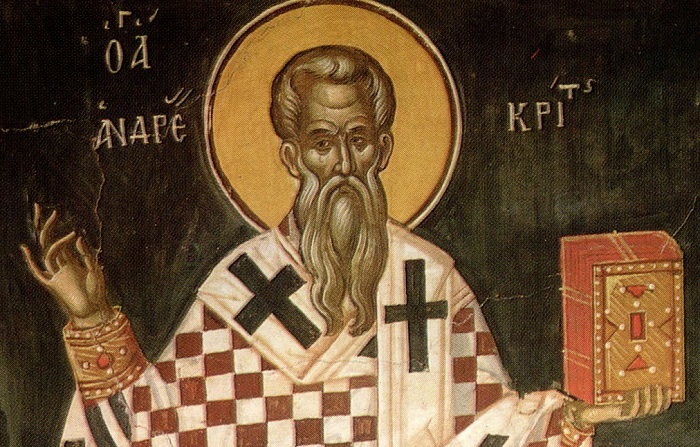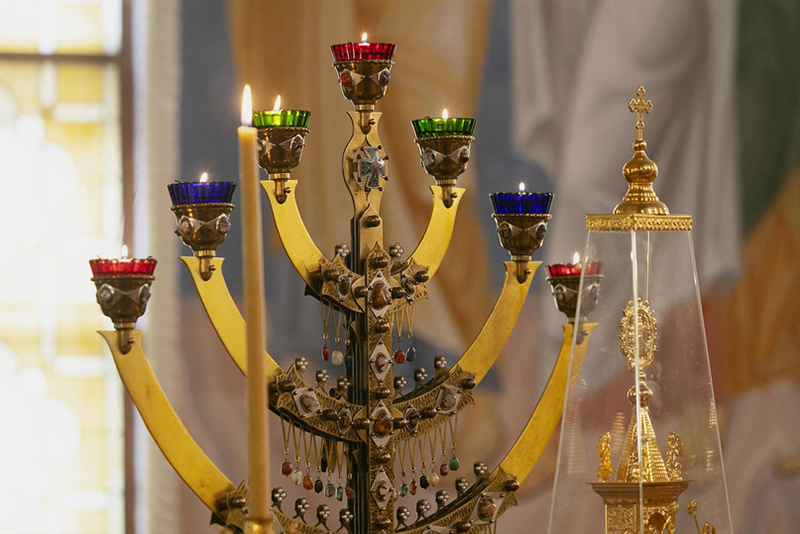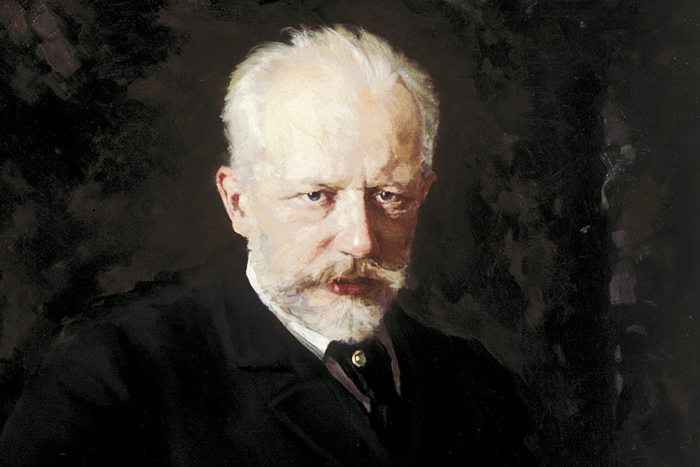
The Great Canon is quite a surprising work. Did you know that earlier it was read on other days of the Lent? What is more, have you ever heard that its creation was not connected with the Great Lent at all? Besides, could you imagine how long the Divine Services lasted in the 7th century?
1. The Great Canon is not the only work written by St. Andrew of Crete. He was the author of numerous canons devoted to the main feasts of the Byzantine Church. The total amount of the writings by St. Andrew enlists 70 works.
2. St. Andrew of Crete was not only a preacher (he was the author of the large amount of sermons) and hymnographer, but also a composer. The Saint wrote the chants, with which the words of the canon began.
3. St. Andrew of Crete is considered to be the originator of such church poetry genre as the nine-part canon. As a genre, the canon has replaces the kontakion style, which was a multi-verse poem in ancient times.
In fact, the services of that time were far much longer. The Great Canon is not the longest work of St. Andrew of Crete. In the 7th century, when the Saint began his work, the form of the Six psalms was originated. Moreover, before that time the Psalter was read in full over the course of the matins service.
4. Before the 14th century the Russian Church followed the Studian Statute in regards to the services, which prescribed to read the Great Canon during the fifth Week of the Great Lent. Sometimes the canon was divided into several parts, but sometimes the whole canon was included into the Sunday service. The tradition of singing the canon patially during the first four days of the canon existed in the Jerusalem church as well.
When the Russian Church switched to the Jerusalem statute, this tradition was adopted as well. The tradition of reading the canon on Thursday of the first Week is late by its origin.
5. At first the Great Canon was not bound to a specific period of time and the services of the Lent. Some researchers consider that St. Andrew wrote the Great Canon as his autobiographical repentance participation in the false council of the year 712. Under the emperor’s pressure the Saint and other members of the council had to sign the document denying the decisions of the 6th Ecumenical Council.
A new emperor came in a year, and all the members of that council did penance for what they had done and signed the resolutions of the Ecumenical Council. However, it seems that the guilt bothered the Saint so much that he decided to create a poem about repentance on the way to God.
6. The parts of the Great Canon, on which it is divided at the first Week of the Great Lent, are called the “methimony” in Greek, but in Russian language the word was often pronounced as “ephimony”.
Translated by Catalog of Good Deeds




